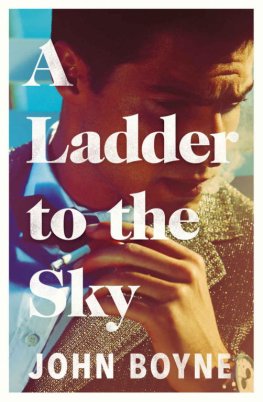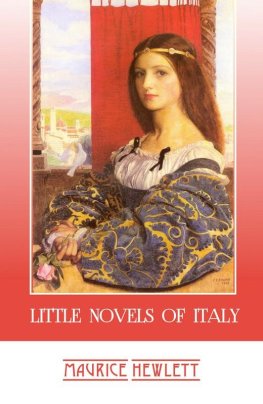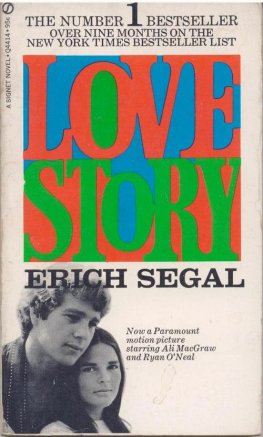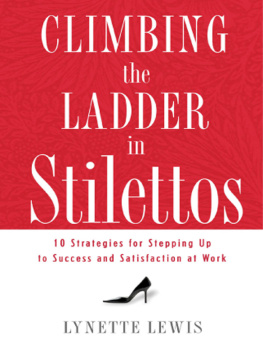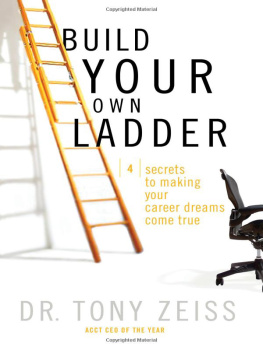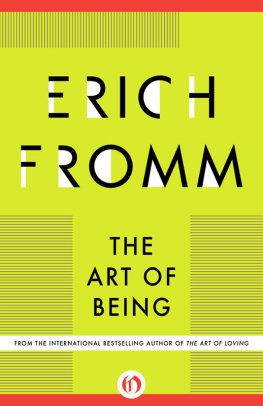John Boyne
A LADDER TO THE SKY
PART I
BEFORE THE WALL CAME DOWN
All things which take place in the sexual sphere are not the private affair of the individual, but signify the life and death of the nation.
Heinrich Himmler
From the moment I accepted the invitation, I was nervous about returning to Germany. It had been so many years since Id last been there, after all, that it was difficult to know what memories might be stirred up by my return.
It was the spring of 1988, the year the word perestroika entered the language, and I was seated in the bar of the Savoy Hotel on Fasanenstrae, contemplating my sixty-sixth birthday, which was only a few weeks away. On the table before me, a bottle of Riesling had been decanted into a coupe glass that, a note in the menu revealed, had been modelled on the left breast of Marie-Antoinette. It was very good, one of the costlier wines on the hotels expansive list, but I felt no guilt in ordering it for my publisher had assured me that they were content to cover all my expenses. This level of generosity was something new to me. My writing career, which had begun more than thirty-five years earlier and produced six short novels and an ill-advised collection of poetry, had never been successful. None of my books had attracted many readers, despite generally positive reviews, nor had they garnered much international attention. However, to my great surprise, I had won an important literary award the previous autumn for my sixth novel, Dread. In the wake of The Prize, the book sold rather well and was translated into numerous languages. The disinterest that had generally greeted my work was soon replaced by admiration and critical study, while the literary pages argued over who could claim credit for my renaissance. Suddenly I found myself invited to literary festivals and being asked to undertake book tours in foreign countries. Berlin was the location for one such event, a monthly reading series at the Literaturhaus, and although I had been born there, it did not feel like home.
I grew up close to the Tiergarten, where I played in the shadow of statues of Prussian aristocrats. As a small child, I was a regular visitor to the zoo and fantasized about being a keeper there some day. At the age of sixteen, I stood with some friends from the Hitlerjugend, each of us wearing our swastika armbands, and we cheered as Begass Memorial to Bismarck arrived in the heart of the park from outside the Reichstag as part of Hitlers plans for a Welthaupstadt Germania. A year later, I stood alone on Unter den Linden as thousands of Wehrmacht soldiers paraded before us following the successful annexation of Poland. Ten months after that I found myself in the third row of a rally at the Lustgarten, surrounded by soldiers my own age, saluting and swearing our fealty to the Fhrer, who roared at us from a platform erected in front of the Dom of a Thousand-year Reich.
Finally leaving the Fatherland in 1946, I was accepted as an undergraduate student at the University of Cambridge, where I read English Literature, before spending several uneasy years as a teacher at a local grammar school, my accent the source of much derision by boys whose families had been traumatized and depleted by four decades of armed conflicts and unstable reconciliations between our two countries. Upon completion of my doctorate, however, I won a place on the faculty of Kings College, where I was treated as something of a curiosity, a fellow who had been dragged from the ranks of a murderous Teutonic generation and adopted by a noble British institution that, in victory, was prepared to be magnanimous. Within a decade I was rewarded with a professorship and the security and respectability attached to that title made me feel safe for the first time since childhood, assured of a home and a position for the remainder of my days.
When being introduced to new people, however, the parents of my students, say, or some visiting benefactor, it was often remarked that I was also a novelist, the addendum both discomfiting and embarrassing to me. Of course, I hoped that I had some modicum of talent and longed for a wider readership but my standard reply to the inevitable question Would I know any of your books? was Probably not. Typically, new acquaintances might ask me to name some of my novels and I would do so in anticipation of humiliation, observing the blank expressions on their faces as I listed them in chronological order.
That night, the night of which I speak, I had endured a difficult evening at the Literaturhaus, where I had taken part in a public interview with a journalist from Die Zeit. Uncomfortable with speaking German, a language I had all but abandoned upon my arrival in England more than forty years earlier, an actor had been hired to read a chapter of my novel aloud to the audience and, when I told him the particular section that Id chosen, he shook his head and demanded to be allowed to read from the penultimate chapter instead. Of course, I argued with him, for the piece he suggested contained revelations that were intended to come as a surprise to the reader. No, I insisted, growing irritated by the arrogance of this disenfranchised Hamlet, who, after all, had been hired simply to stand up, read aloud and then depart by the back door. No, I told him, raising my voice. Not that one. This one.
The actor took great offence. It seemed that he had a process when reading to an audience and it was as rigorous as his preparations might be for an evening on the stage of the Schaubhne. I thought he was being precious and said so and there were raised voices, which upset me. Finally, he acquiesced, but without grace, and I retained enough German to know that his reading was half-hearted, lacking the theatricality required to engage an audience. As I walked the short distance back to the hotel afterwards, I felt disillusioned with the whole business and longed for home.
I had noticed the boy earlier, a young man of about twenty-two carrying drinks to the tables, for he was very beautiful and it seemed that he had been glancing in my direction as I drank my wine. A startling idea formed in my mind that he was drawn to me physically, even though I knew that such a notion was absurd. I was old, after all, and had never been particularly attractive, not even at his age, when most people have the magnetism of youth to compensate for any physical inadequacies. Since the success of Dread and my subsequent elevation to the ranks of literary celebrity, newspaper portraits had invariably described my face as lived in or as one that has seen its share of troubles, although thankfully they did not know just how deep those troubles ran. I felt no sting from such remarks, however, for I had no personal vanity and had long ago given up on the idea of romance. The yearnings that had threatened to annihilate me throughout my youth had diminished over the years, my virginity never conquered, and the relief that accompanied lusts exile was akin to how one might feel having been unshackled from a wild horse let loose on prairie ground. This proved a great benefit to me, for, confronted by an endless stream of handsome youths year after year in the lecture halls of Kings College, some of whom flirted shamelessly with me in the hope of receiving better grades, I found myself indifferent to their charms, eschewing vulgar fantasies or embarrassing attachments for a sort of distant avuncularism. I played no favourites, adopted no protgs, and gave no one cause to suspect impure motives within my pedagogical activities. And so it came as something of a surprise to find myself staring at the young waiter and feeling such intense desire for him.
Pouring another glass of wine, I reached for the bag that Id left next to my chair, a leather satchel that contained my diary and two books, an English-language edition of

